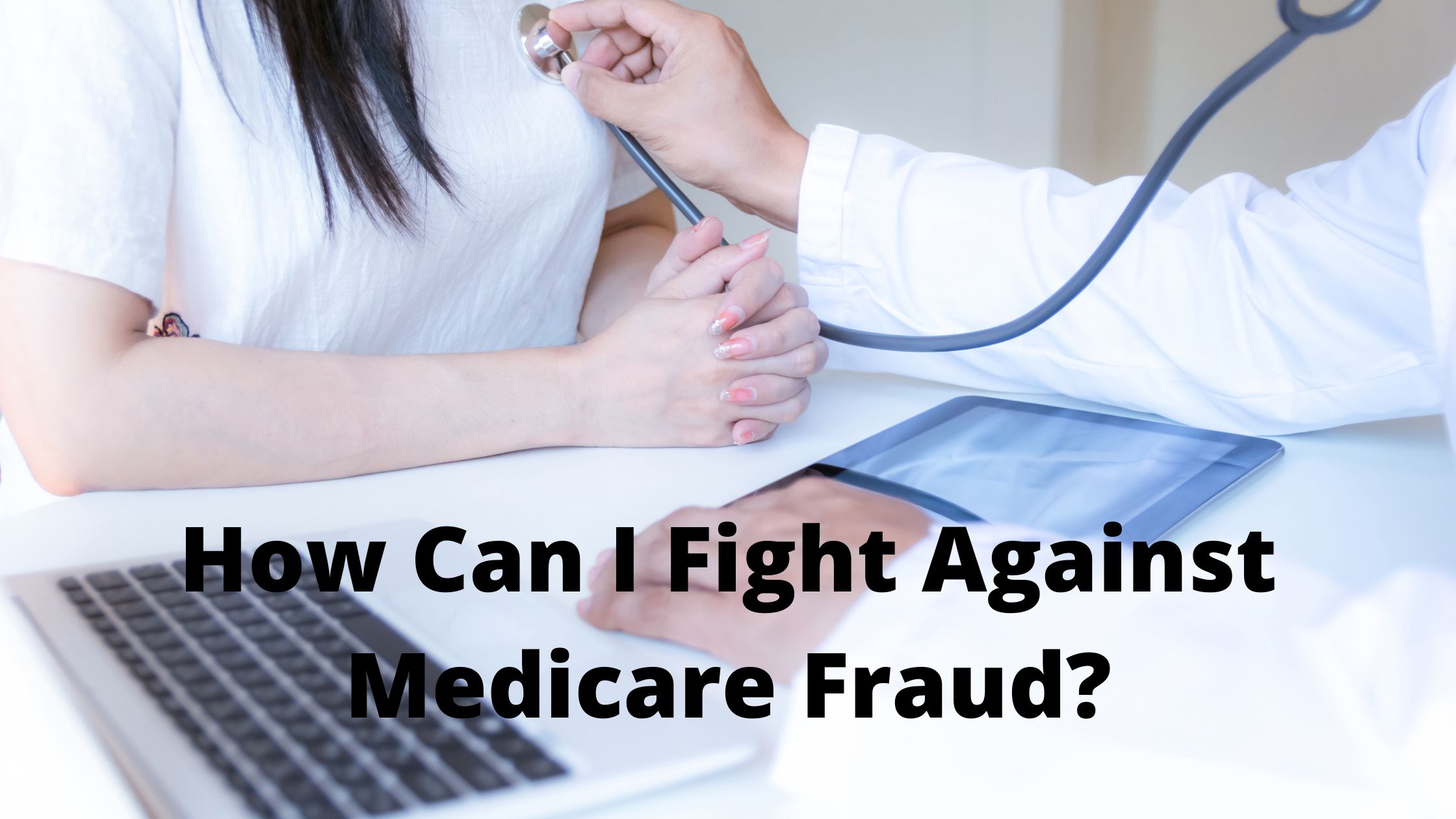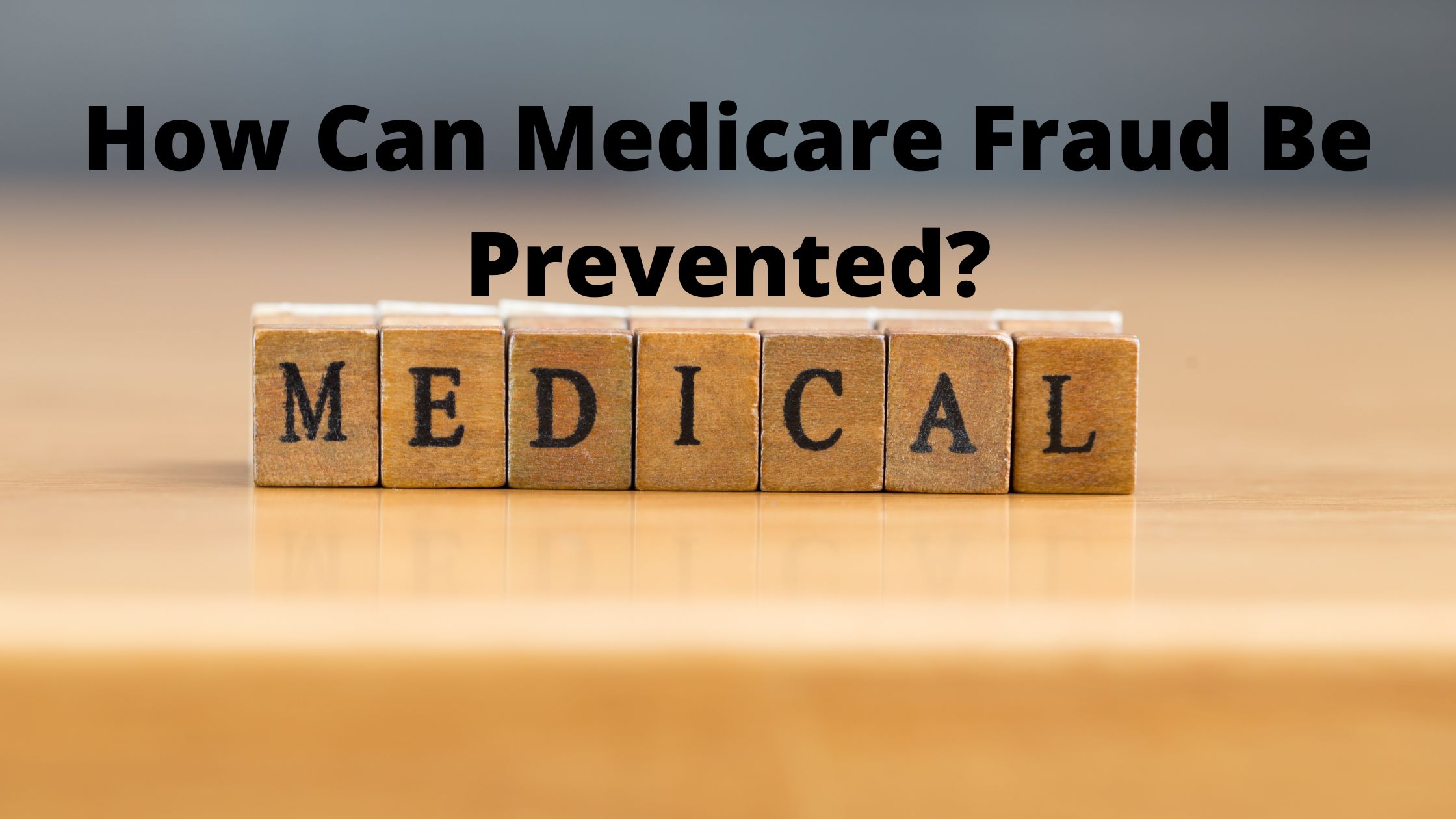Medicare fraud is a serious problem in the United States and it’s growing. According to a report from the Department of Justice, Medicare fraud costs taxpayers more than $60 billion every year. That’s more than the total amount that Congress spends on Medicaid, the Children’s Health Insurance Program (CHIP), and food stamps combined!
What Is Medicare Fraud?
Medicare fraud is a crime against the government that involves the use of false information to obtain benefits from Medicare, Medicaid, and other government-sponsored healthcare programs. It can take many different forms, including: submitting false claims for reimbursement, stealing public money by padding hospital bills, or bilking Medicare by overbilling for services.
There are several ways to detect and prevent Medicare fraud abuse:
-Check your eligibility for benefits: Make sure you are eligible for Medicare benefits and are not claiming benefits that you do not qualify for. You can find out if you are eligible by checking your enrollment status in the Medicare program online at www.medicare.gov or by calling 1-800-MEDICARE (1-800-633-4227). If you have questions about your eligibility, or if you believe that you have been a victim of Medicare fraud, please call the fraud hotline at 1-800-MedicARE (1-800-633-4227).
-Review your healthcare records: Review your health care records to look for any signs of possible Medicare fraud. If you think that someone has stolen your personal information or committed other types of Medicare fraud, please report this information to
How Can Medicare Fraud Be Prevented?
Medicare fraud is an issue that can be difficult to detect and prevent. There are a few things that you can do to help keep your Medicare account safe from fraudsters. First, be sure to keep accurate records of your medical expenses. This will help ensure that you are only receiving the benefits that you are entitled to. Second, be sure to use caution when hiring professionals to manage your Medicare account or provide services related to the program. Do not trust anyone who offers you a free consultation or who asks for personal information such as your Social Security number. Finally, be sure to report any suspected Medicare fraud activity to the appropriate authorities.
What Are The Signs of Medicare Fraud?
One of the ways to detect Medicare fraud is by looking for red flags. There are a few things you can look out for if you suspect someone is abusing the system.
Some common signs of Medicare fraud include:
-People who are not entitled to receive benefits from Medicare making payments to doctors, hospitals, or other health care providers on their behalf.
-People who are receiving more benefits than they are actually eligible for.
-People who are using false names or Social Security numbers to receive benefits.
-People who are making multiple claims for the same medical condition or procedure.
What If I’m Suspected Of Medicare Fraud?
If you are suspected of Medicare fraud, there are a few things you can do to defend yourself. First, talk to an attorney. They can help you understand your rights and what evidence the government may have against you. Second, keep all your documents and records related to your Medicare claims. This includes all your receipts, letters from the government, and anything else that could help prove your innocence. Finally, don’t take any deals from the government unless you’re sure they’re fair. If you’ve been accused of Medicare fraud, don’t wait to speak with an attorney. You could be facing serious consequences if convicted.
How Can I Fight Against Medicare Fraud?
Fighting Medicare fraud is a crucial part of protecting taxpayer dollars. There are a number of things that you can do to detect and prevent Medicare fraud abuse. Here are some tips:
1. Use araudwatch.gov to stay up-to-date on the latest fraud schemes. This website offers information on specific types of Medicare fraud, as well as tips on how to avoid becoming a victim.
2. Educate yourself and your loved ones about Medicare fraud scams. Teach them how to recognize fraudulent solicitations and how to protect themselves from being scammed.
3. Report any suspicious activity to the authorities. If you notice any suspicious activity involving Medicare or Medicaid payments, contact your local police department or the Federal Bureau of Investigation (FBI).
4. Keep track of your finances carefully and regularly update your bank and credit card statements with details pertaining to any questionable transactions. This will help you identify any patterns that may be indicative of Medicare fraud activity.
Conclusion
Medicare fraud is a serious problem that affects millions of Americans every year. While the government has done a good job in recent years of catching and prosecuting those who commit Medicare fraud, there is still much work to be done. If you are aware of any suspicious activity on the part of someone you know who is claiming benefits under Medicare, it is important to take action. There are several steps that you can take to protect yourself and your loved ones from becoming victims of Medicare fraud abuse.

